Pope Francis died on Easter Sunday, April 20, 2025, at 88, from a stroke and heart failure, the Vatican said. Cardinal Kevin Farrell shared the news, shocking millions. Easter, uniting old and new Christian calendars, celebrates Jesus’ resurrection, symbolizing hope.
National Geographic compiled a touching 45 minute video of the Pope Francis’ Legacy. Watch it here:
Thus, the pope’s passing on this holy day felt deeply meaningful, tying his life to eternal faith. However, the Vatican’s short statement left many seeking answers.
Trump’s Proclamation Stirs Reactions
On April 21, President Trump lowered U.S. flags until the funeral, which he and Melania will attend, and issued a Presidential Proclamation honoring the pope.
By the President of the United States of America
A Proclamation
As a mark of respect for the memory of His Holiness Pope Francis, by the authority vested in me as President of the United States by the Constitution and the laws of the United States of America, I hereby order that the flag of the United States shall be flown at half-staff at the White House and upon all public buildings and grounds, at all military posts and naval stations, and on all naval vessels of the Federal Government in the District of Columbia and throughout the United States and its Territories and possessions until sunset, on the day of interment. I also direct that the flag shall be flown at half-staff for the same length of time at all United States embassies, legations, consular offices, and other facilities abroad, including all military facilities and naval vessels and stations.
IN WITNESS WHEREOF, I have hereunto set my hand this twenty-first day of April, in the year of our Lord two thousand twenty-five, and of the Independence of the United States of America the two hundred and forty-ninth. DONALD J. TRUMP
Yet, their history was tense—Francis criticized Trump’s border wall as “un-Christian.” Despite this, Trump’s gesture showed respect, though some saw it as political. Consequently, it sparked varied responses among Catholics and conservatives.
Pope’s Ties to U.S. Presidents
The pope connected with three U.S. presidents. He aligned with Obama on compassion, clashed with Trump over immigration, and supported Biden, a Catholic, through personal loss. These ties show the pope’s global influence.
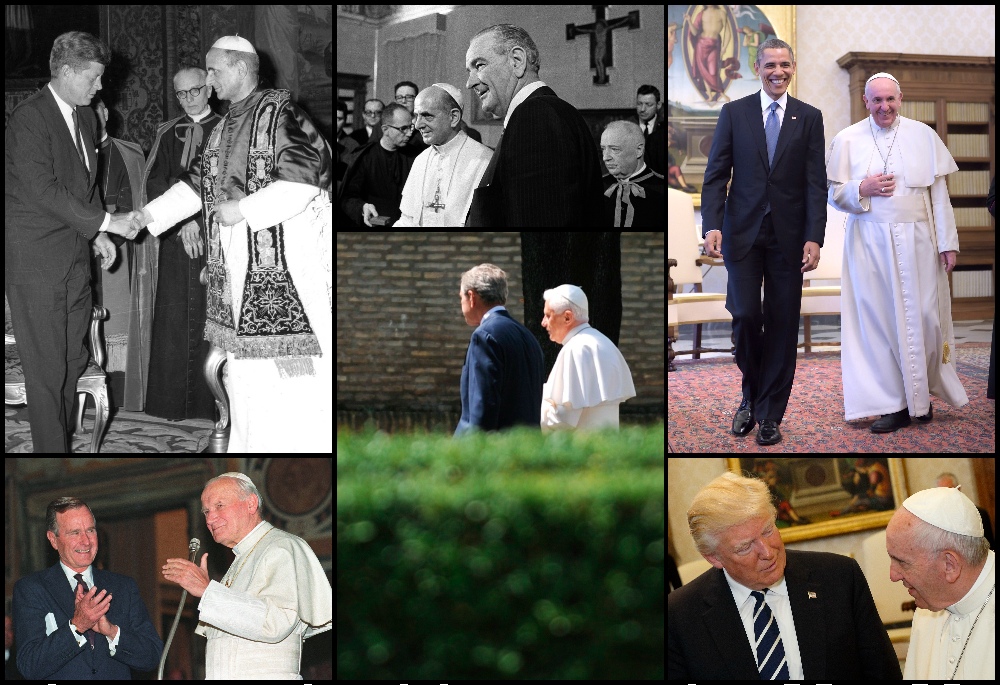
However, his critiques of U.S. policies often caused friction. Therefore, his death prompts reflection on how a pope shapes democracies, balancing spiritual guidance with political challenges, a key part of his role.
Catholicism’s Roots and Pope’s Divide
Catholicism began with Jesus’ apostles, claiming succession through St. Peter, the first Orthodox Bishop. The 1054 Great Schism split Christianity, as Orthodox Christians, upholding the original faith, rejected the pope’s appointed authority, citing its growing power. Consequently, some see Catholicism as straying from early teachings. Despite this, the pope leads 1.4 billion Catholics. Today, critics still challenge the pope’s role, arguing it misrepresents Christ’s humility, fueling ongoing debates.
Orthodox Bishops vs. Pope’s Authority
Orthodox bishops in their Patriarchy, equal in rank, govern local churches without a single leader, unlike the pope’s universal authority. The Orthodox view the pope as “first among equals,” not infallible, rejecting his control, especially over democracies, where bishops reflect community faith. The 2007 Ravenna Document sought dialogue, affirming Rome’s honorary primacy. Yet, tensions remain, as Orthodox rebuke the pope’s jurisdiction, calling it unbiblical, keeping the divide alive.
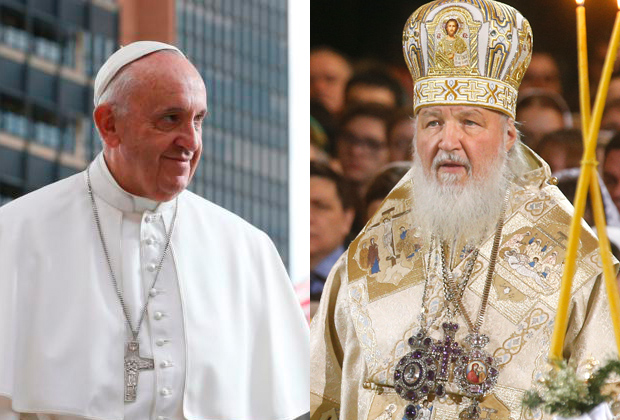
Pope’s Historical Role
Popes once crowned kings and influenced wars, holding vast power in the Middle Ages. They rivaled emperors, shaping crusades and laws. Over time, their role shifted to spiritual guidance, yet they advised leaders, from monarchs to presidents. For example, John Paul II helped end communism. However, their political sway drew criticism. Accordingly, Francis’ focus on peace and poverty continued this complex legacy of the pope.
Efforts to Replace the Pope
The papacy continues, with cardinals set to meet in a conclave within 15-20 days to elect a new pope by a two-thirds vote. Francis appointed 73% of voting cardinals, likely ensuring a similar-minded leader. Meanwhile, the Vatican plans a simple funeral at St. Mary Major Basilica. Therefore, the church moves quickly to uphold its 2,000-year tradition, unbroken despite the pope’s sudden death.
Reflecting on the Pope’s Legacy
Pope Francis’ Easter death, Trump’s proclamation, and his ties to U.S. leaders highlight the pope’s global reach. The Orthodox-Catholic divide, rooted in the schism and debates over his authority, persists. As cardinals prepare to choose a new pope, the church faces questions about its future.
Can the next pope mend ties with Orthodoxy while guiding Catholics in a divided world?
Like this article?
☕️ Share a coffee: https://buymeacoffee.com/criordan
👉 Follow me on X: @CRiordan2024
Click HERE to read more from Clara Dorrian.
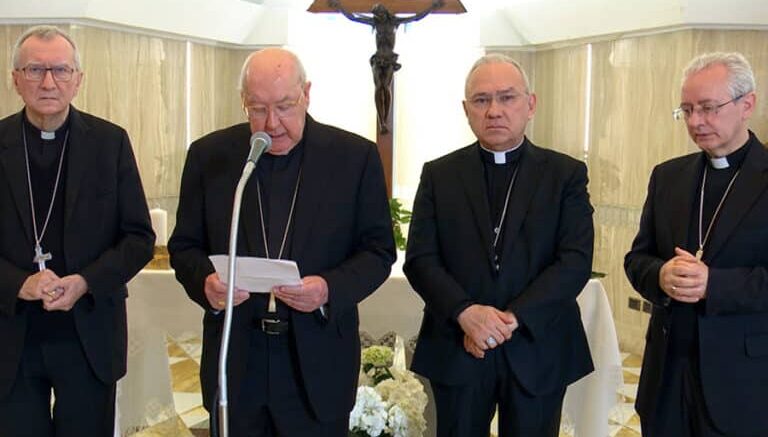
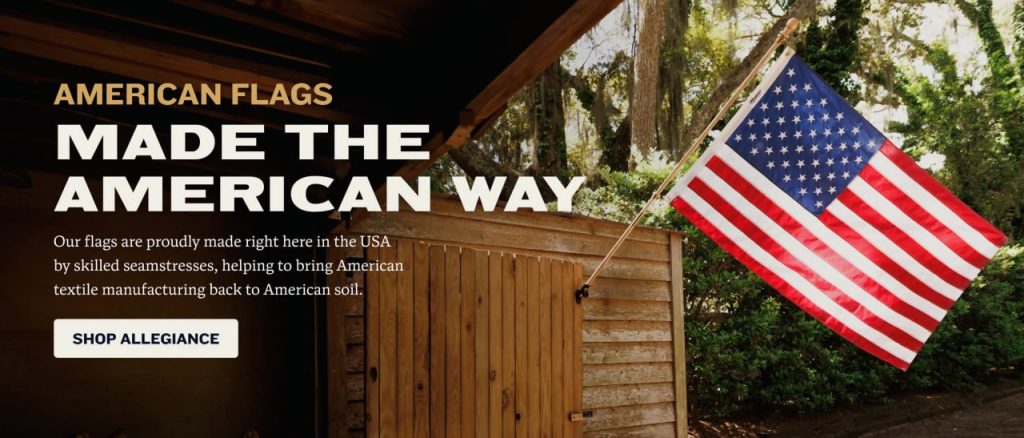

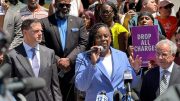
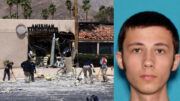
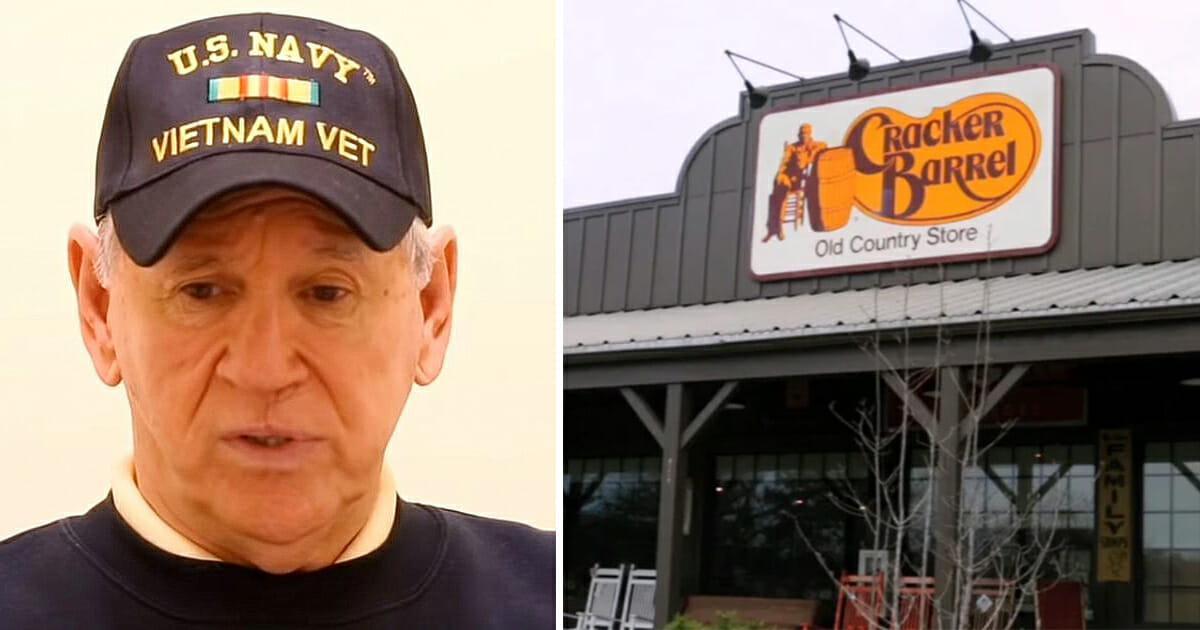

I never trusted any of these progressive Catholic Popes, false self-appointed leaders of humanity. God rest his soul, but Catholics are RUNNING to a growing Orthodox Christianity for a reason (The original non-denominational Apostolic and Catholic Church).
Know Christianity’s history of the massive schism of 1666 to know how far we’ve come AWAY from Christianity.